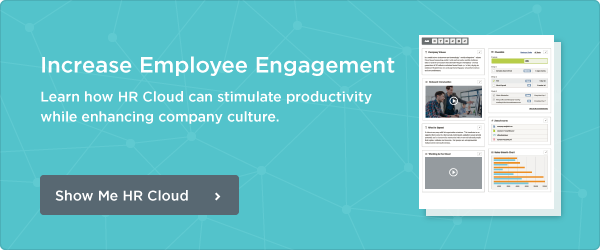Many of us support the belief that if we work hard and put in long hours on the job, the stress that we deal with on a regular basis is a natural side effect of working in a high performance culture. In fact, if we’re not dealing with some sort of stress, it might appear that things are going too well and maybe we all need to work just a little harder. This is a myth.
If your team is continually stressed and mentally on the fritz, it’s time to take a closer look at how stress negatively impacts your team and the organization. Forbes.com reports, “Employees suffering from high stress levels have lower engagement, are less productive and have higher absenteeism levels than those not working under excessive pressure.” This directly impacts performance and revenue, so plan now to remove workplace stress.
1. Limit Interruptions
Entrepreneur magazine (Sept 2014) reports, “The average businessperson receives and sends about 109 emails per day, and that rate is growing each year by 7%. Instant messages are increasing by 11%, and texting, once confined to the non-work realms, is bombarding offices, with 67% of professionals saying they text for business.”
These interruptions take us off task and often throw us into something else, leaving work undone. Yes, there are urgent issues that must take priority. But, if you find that all of your interruptions are causing you to lose focus on the task at hand, rethink your reaction.
Forbes reports, “Modern workers are interrupted seven times an hour and distracted up to 2.1 hours a day,” causing 40% of adults to lose sleep at night, worrying about what happened throughout the day. Does this sound like you?
If you’re the type that responds as soon as that email drops in your box or you get a text, think about changing your reaction to something that is a bit more planned. Take this example: HR Recruiter has decided to close her email and only open it at pre-planned times throughout the day. At 9am, noon, 2pm and 4pm, she checks email and responds accordingly. No longer is she distracted by answering each and every email as they are delivered. In the meantime, she’s more able to act on her assignments and has time to think through project goals. HR Recruiter is more strategic in her time management and therefore is free to work through pressing deliverables.
Technology is designed to help us keep our tasks and priorities organized. You can’t control everything in your day, but those things that you do have direct control over, decide how to prioritize them. It’s your choice.
2. Practice Meditation
Many will say they are skeptical… “Meditation, at work?” However, if you take just 15 minutes to relax your mind, focus on your breathing and really remove all obstacles you’ll find that you allow your brain to re-charge and provide a greater focus for the day. Meditation works. Get rid of self-distraction and give your brain a rest.
What can you do for your employees? Provide indoor/outdoor space for walking, quiet thinking and relaxation. Start with a simple health and wellness class that teaches useful tips for meditation and ways to reduce stress, coupled with regular reminders from leadership to “take time out” by focusing on meditation and self-reflection. Many organizations are currently providing options for meditation by promoting classes and instruction aimed at helping employees to reduce their overall stress levels.
Google is a prime example of using meditation to drive positivity and reduce stress. Since 2007, Google has been providing a class called “Search Inside Yourself” that is branded as a “workout for your emotional intelligence.” This popular course can be taken as either a two-and-a-half-day intensive course or in 19 hours over seven weekly sessions and usually has a wait list of at least 6 months.
3. Focus
Reducing stress in the workplace will not only increase productivity and performance, but will also drive creativity and innovation. The caution here for HR though, is focus. Often, we think we know what stresses employees. However, the type of stress you face is not the same stress faced by others.
Tweet: Reducing stress in the workplace will increase productivity and performance @HRCloud
It’s imperative that you understand what causes their stress—too many staff interruptions? Too many reports to write? Too many meetings? Determine the stressors through regular conversation and then take action to avoid costly reaction.
Take action now to stop reaction later. Remove or reduce stress where you can and learn how to manage stress through meditation and better time management.
Keep Reading
HR Tech Trends: Streamlining Workforce Management in the Digital Age
Modern HR professionals face more expectations today than ever — they should find top
Upskilling and Reskilling: Preparing the Workforce for a Tariff-Impacted Economy
Recent shifts in global trade policies have led to a new wave of tariffs impacting


